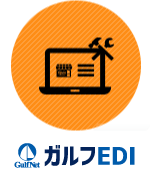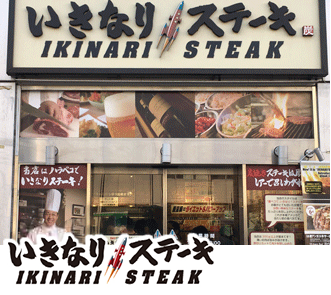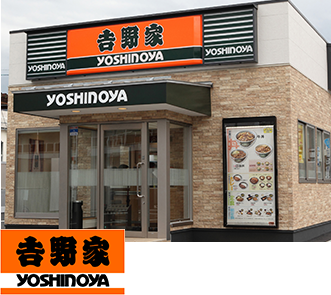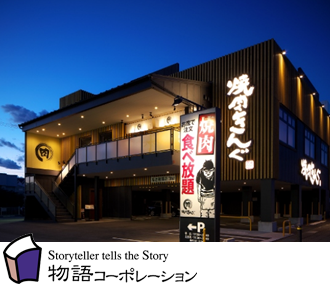![]()



 Monogatari Corporation
Monogatari Corporation 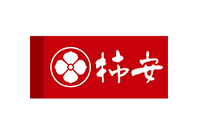 Kakiyasu Co., Ltd.
Kakiyasu Co., Ltd. 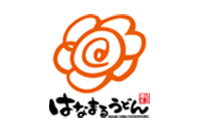 Hanamaru Co., Ltd.
Hanamaru Co., Ltd. 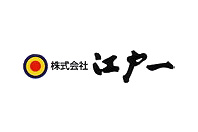 Edoichi Co., Ltd.
Edoichi Co., Ltd.  Welcome Dean & Deluca Division
Welcome Dean & Deluca Division 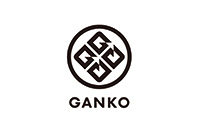 Ganko Food Service Co., Ltd.
Ganko Food Service Co., Ltd. 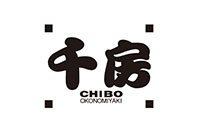 Chibo Co., Ltd.
Chibo Co., Ltd. 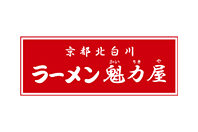 Kairikiya Co., Ltd.
Kairikiya Co., Ltd. 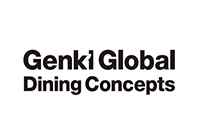 Genki Sushi Co., Ltd.
Genki Sushi Co., Ltd. 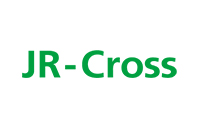 JR East Japan Cross Station Co., Ltd.
JR East Japan Cross Station Co., Ltd. 

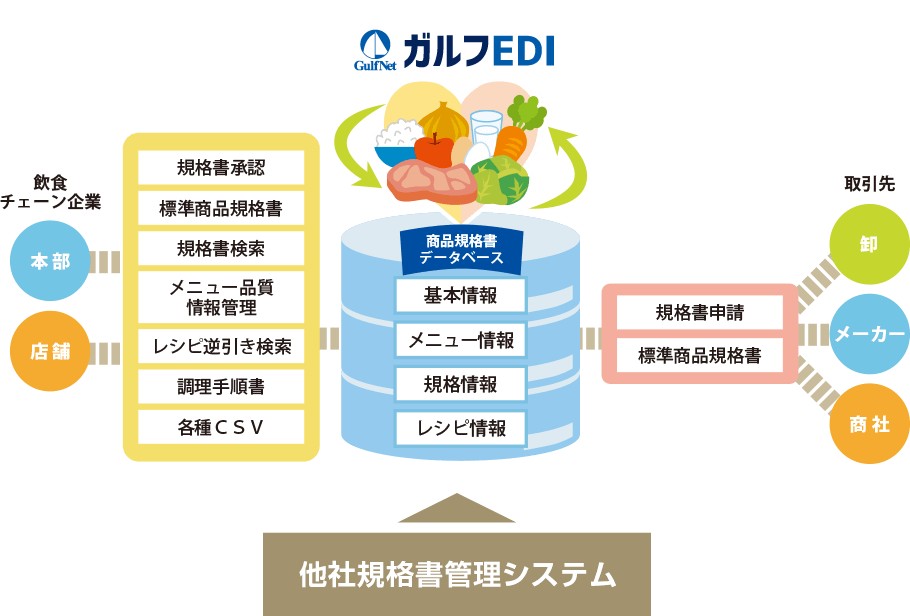


Supporting 'Food Safety and Security' by making the product specification database available on the internet,
Retailers and suppliers can share quality, specifications, nutritional components, and allergen information!
By linking product specifications and menu masters,
operational efficiency in ingredient, menu, and recipe management can be expected!

Since the food fraud issues in the hotel and restaurant industry came to light,
the awareness of consumers regarding 'food safety and security' has increased significantly.
In this context, food manufacturers and food service and retail companies are receiving more inquiries from buyers regarding the ingredients, additives,
and allergens of the food they handle.
In such cases, companies are required to quickly check and respond to product specifications related to food,
and establishing a system environment for creating and transcribing information related to product specifications
has become an important issue.
*Product specifications refer to documents that describe quality information, allergen information, nutritional components, etc., for alcoholic beverages and processed foods.

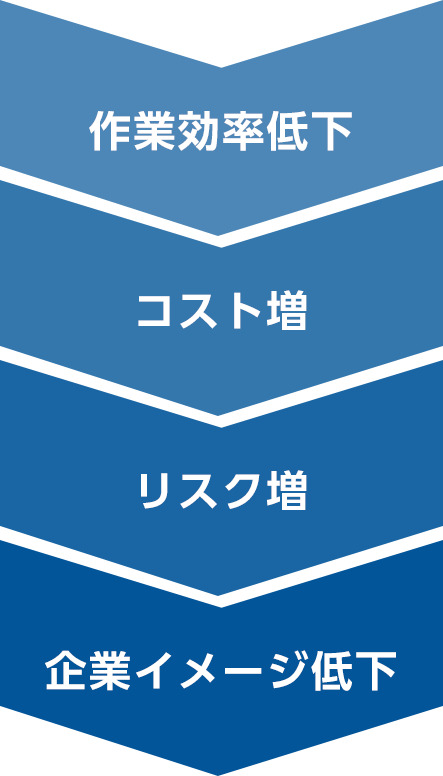


This product specification complies with the template of the 'Standard Product Specification (SSSP/2014)
First Edition' established by the Ministry of Agriculture, Forestry and Fisheries in FY2014.
Due to differences in formats, manufacturers face labor and costs in creating product specifications, while retail and food service industries face labor and costs in requesting and urging product specifications.
There is a growing call for review within the industry.
GulfNet promotes the formulation and dissemination of standard templates (information items and transfer methods) related to products as a supporting company of the Product Information Transfer Standard.
For more information on the Product Information Transfer Standard (PITS), visit the website
Japan Inforex Co., Ltd. homepage
https://jii-inforex.co.jp/pits.html

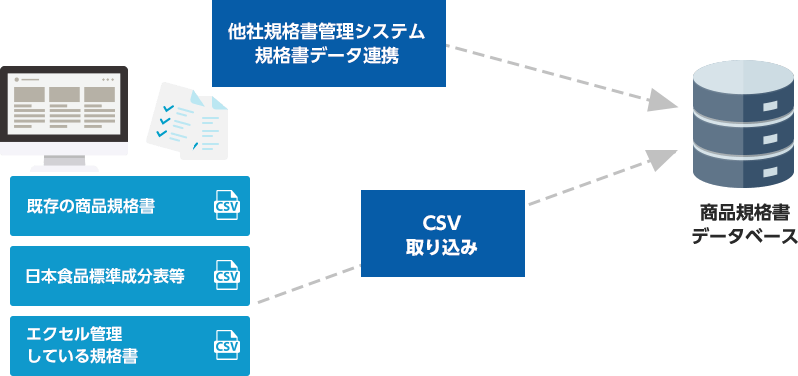
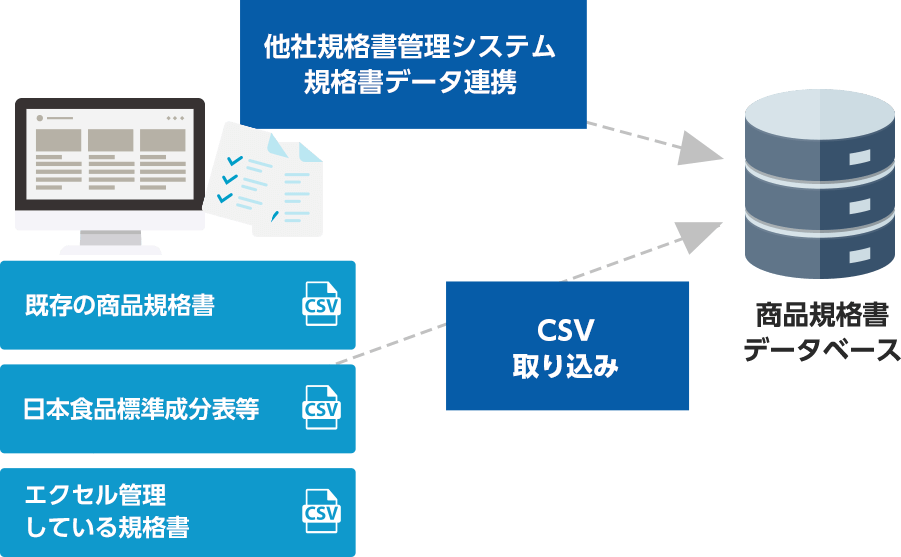
Linkage with other companies' specification management systems is possible.
By importing specification data, the burden of master registration for product managers is reduced.
Quality information (allergens, nutritional components) within specifications can be imported, aggregated, and analyzed.
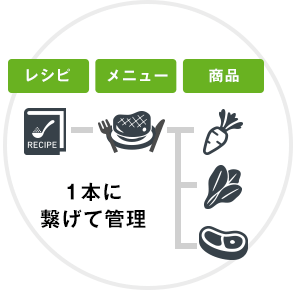
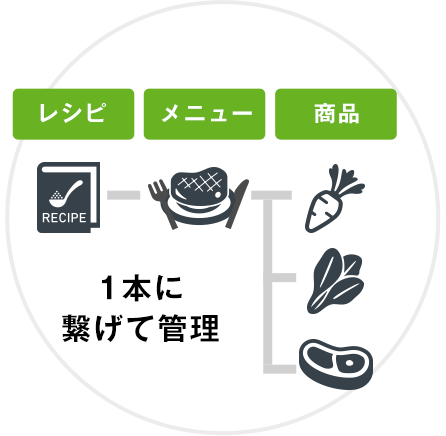
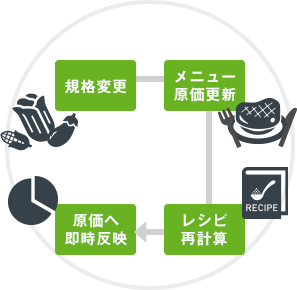
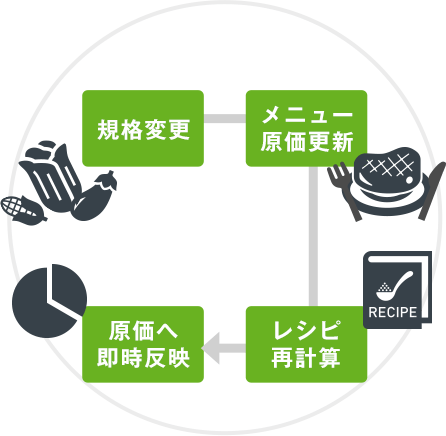
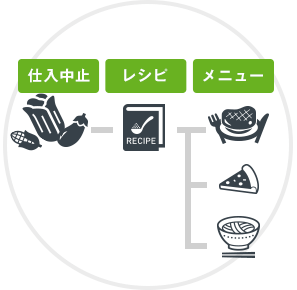
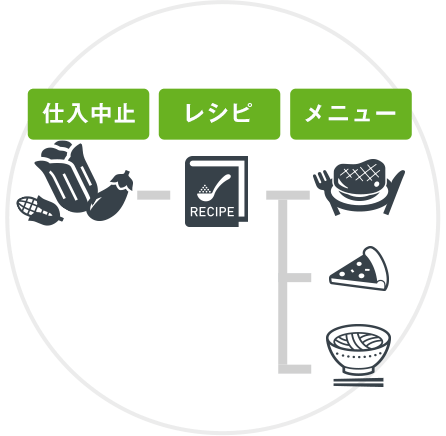
You can centrally manage product specifications and
menu information that are managed separately.

If there is an incident or accident with an ingredient, you can easily search which menu
it is used in.
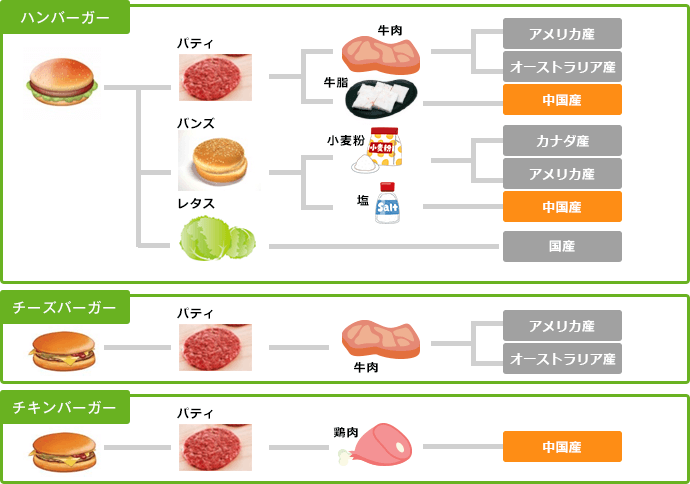
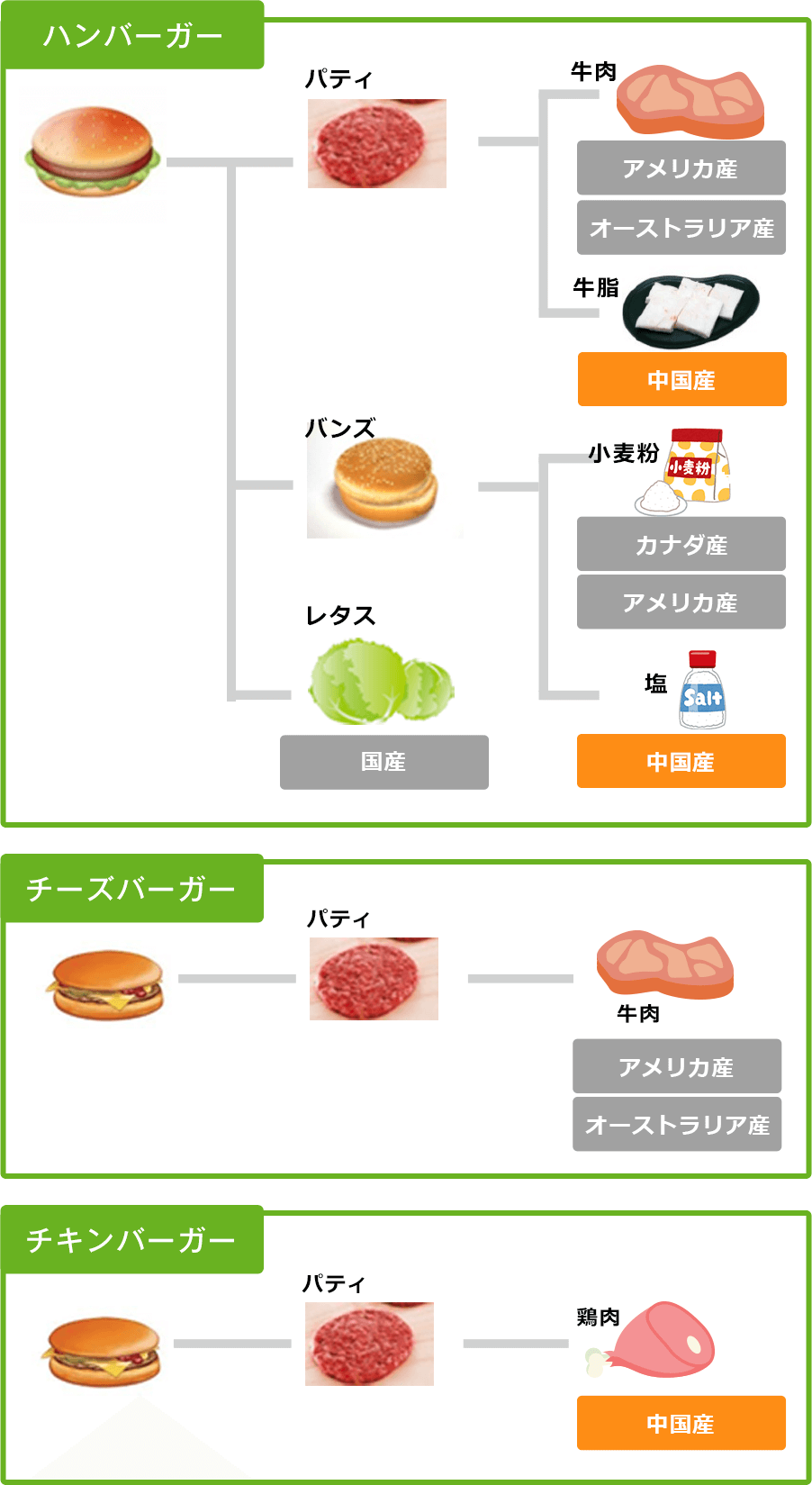
and more can be searched.



